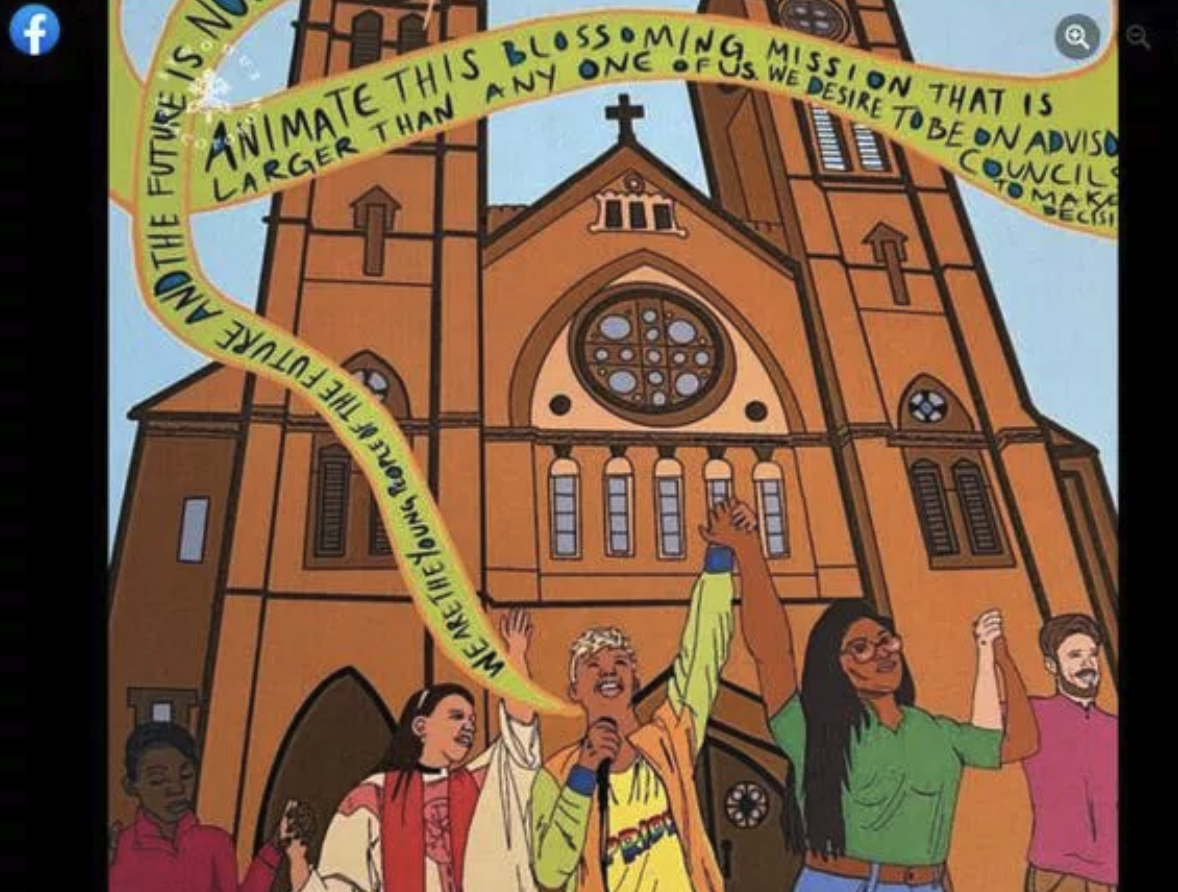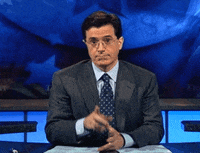I get waves of emails and in that flood I always look forward to hearing from former Getreligionistas.
Obviously, no one knows more about news stories that I need to see than journalists who have spent time writing for this weblog. Since we’re nearing our 20th birthday, that’s an interesting, deep list of former contributors who get what we do and why we do it.
A few days ago, Mark Kellner — currently covering religion news for The Washington Times — sent a note asking my reactions to the tragic suicide of the Rev. F.L. “Bubba” Copeland in Alabama. Kellner was reacting to one of those long tabloid headlines that are common in the online edition of The Daily Mail:
Inside the secret life of Bubba Copeland: How Alabama mayor and pastor adopted a second persona online — becoming a transitioning curvy girl called Brittini — before killing himself
There’s a lot of news happening right now and, to be honest, I had not clicked into the stream of stories about Copeland’s life and death. However, when I did I immediately saw an issue that I thought would interest listeners for this week’s “Crossroads” podcast (CLICK HERE to tune that in).
Kellner said I could share his concerns here, focusing on the first report from a conservative Alabama news and commentary website:
Given that Mr. Copeland had not been charged with any crime, should "1819news.com" have "outed" him? Yes, his behavior was odd, to say the least, for a pastor and a local politician. But having strange fantasies and even posting them online isn't necessarily criminal. It might merit his removal from the pulpit and perhaps his defeat at the next mayoral election, but apparently, this online report — and the subsequent media storm — pushed a rather fragile soul over the edge.
In short: Does the media exist to crucify people without real cause? If someone is a child molester or otherwise acts inappropriately or illegally, that's one thing. But there should be a line somewhere, right?
Here is the key, for me. This started out as a rather sensationalistic (to say the least) story about a man who was clearly a public figure in Alabama (yes, a photo of Copeland with President Donald Trump pushed buttons). At the same time, Copeland was also the pastor of a Southern Baptist congregation, a flock of believers that has been quite outspoken on matters of sexual morality.










